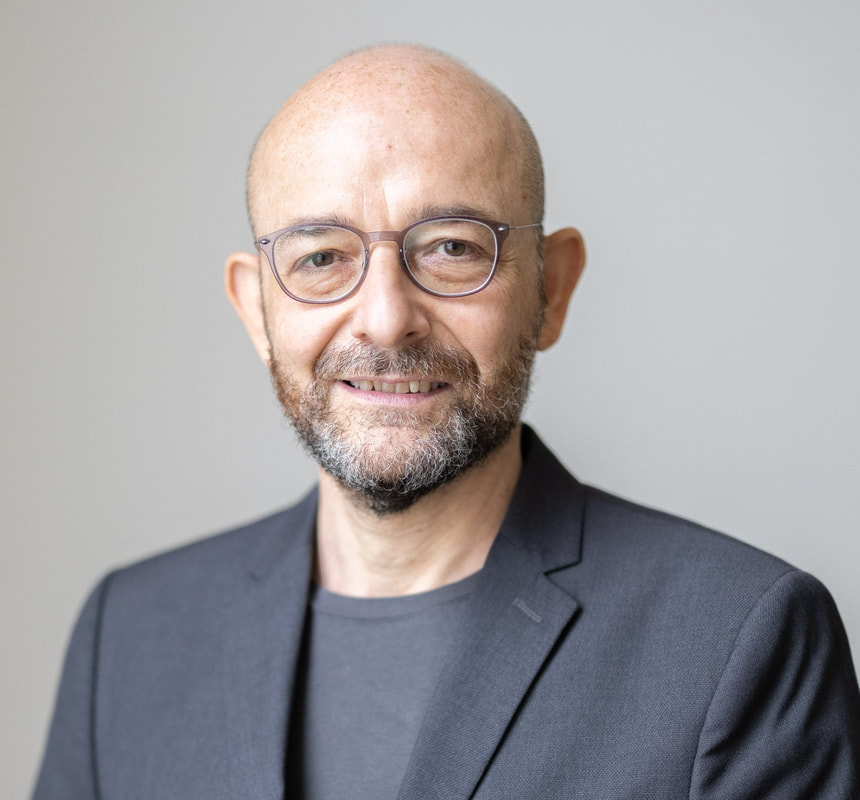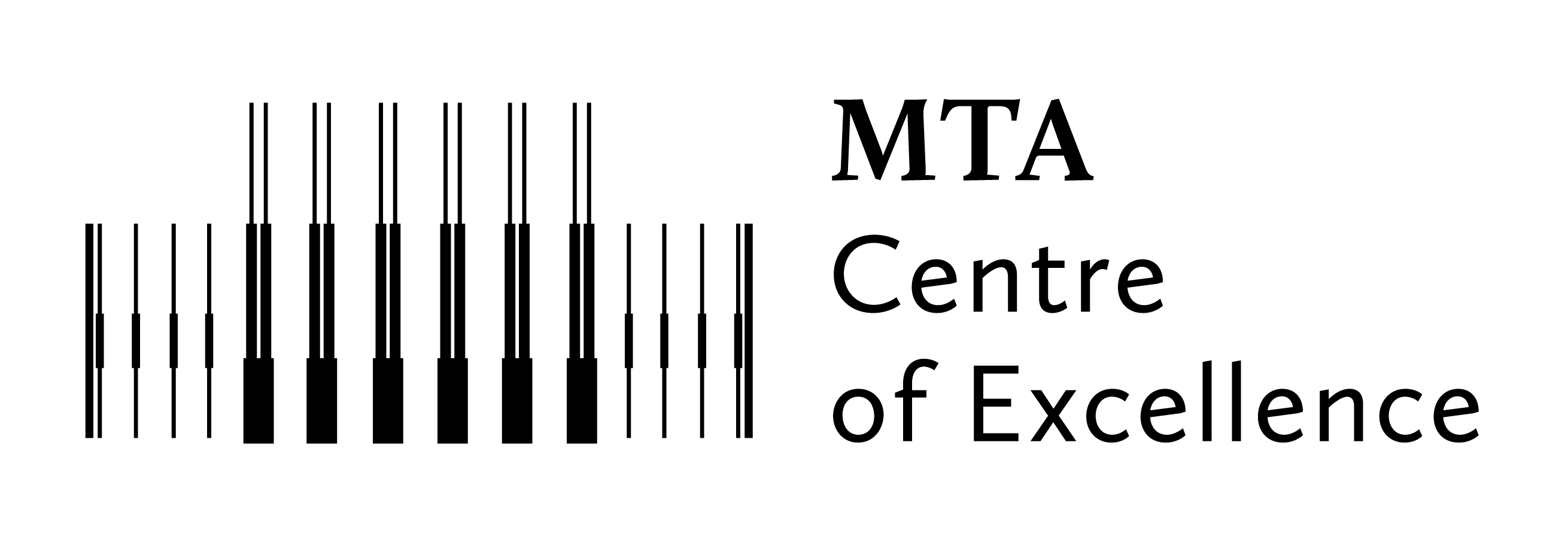Časlav Brukner, professor of the University of Vienna is the next invited speaker of the Wigner Colloquia.

Časlav Brukner (Photo: www.quantumfoundations.org)
Wigner Colloquia is a highlighted seminar series of the Wigner Research Centre for Physics. Invited speakers are the most excellent researchers from different areas of physics. The goal of the program is to give first-hand knowledge to our colleagues and the interested professional public from well-known scientists from all over the world.
Title of his lecture: How does a quantum particle see the world?
Date: 4 October 2022, 14:00 p.m.
Place: SZFI (Building 1) auditorium, and online: https://wigner-hu.zoom.us/j/85139581441?pwd=bk5pVFRtS3JjRVVTTWlKNkhhc04wQT09
About the speaker:
Časlav Brukner is Professor for “Quantum foundations and quantum information theory” at the University of Vienna, Austria and the scientific director of the Institute of Quantum Optics and Quantum Information (IQOQI-Vienna). He received his M.S. degree in Physics from the University of Vienna (1995) and earned a Doctor of Technical Sciences from the Vienna University of Technology (1999). He has held positions at the Imperial College London (Marie Curie Fellow, 2004), Tsinghua University in Beijing (Chair Professor, 2005-2008), University of Belgrade, Serbia (Visiting Professor since 2008), the International Institute of Physics in Natal, Brazil (Distinguished Visiting Full Professorship since 2017) and the Perimeter Institute (Distinguished Visiting Research Chair since 2022). In 2015 he was awarded Marko Jaric Award “for contributions in the field of quantum foundations”, and in 2019 the First Award in the Gravity Research Foundation essay competition. Since 2021 he is a foreign member of the Serbian Academy of Sciences and Arts. His primary research interests are foundations of quantum physics and quantum information theory, and more recently, their relation to gravitational physics and causality.
About the lecture:
How does a quantum particle see the world?
According to one of the most fundamental symmetries in physics, an observer on a moving train applies the same laws to describe a physical system as an observer standing on the platform - the form of the physical laws is invariant when choosing a frame of reference. However, reference frames such as the train and the platform are physical systems and therefore ultimately obey quantum mechanical laws. In particular, they could be in a quantum state of superposition of different positions or momenta. So what would the description of physical systems look like to an observer in such "quantum reference frames" (QRF)? Are the forms of physical laws invariant when changing QRFs? I will introduce the notion of QRFs, both in the non-relativistic and relativistic contexts, and show how they help us solve some open problems in modern physics.



